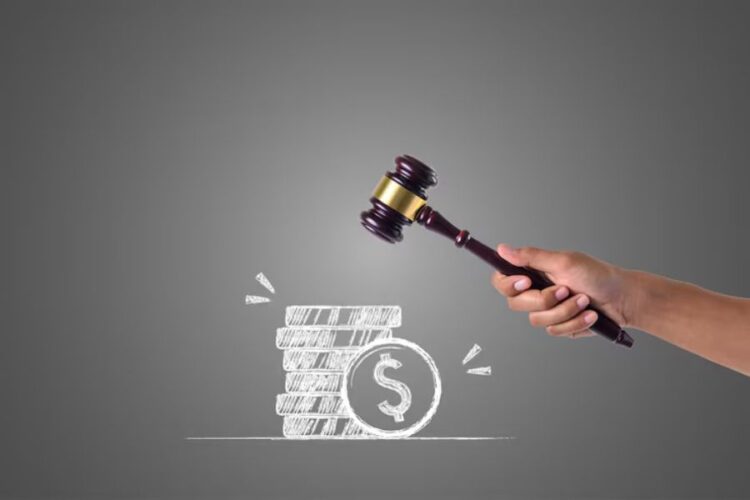When legal problems appear out of nowhere, the financial impact can be just as stressful as the issue itself. Whether it’s a dispute with a landlord, a family law matter, or a driving offence that escalates to court, most people aren’t prepared for how quickly legal expenses can pile up. Knowing how legal fees work — and what to do if you can’t afford them upfront — can help you stay in control during a difficult time.
When You Suddenly Need Legal Help
Many people find themselves needing legal assistance at short notice. It could be something as simple as a disagreement with a landlord over a rental bond or as serious as a family law dispute or business issue. Even a traffic infringement can become costly if it leads to a court appearance. In these moments, time is critical, and most law firms won’t start work until an initial payment, known as a retainer, is made.
A retainer is essentially an upfront deposit that goes into a trust account before any work begins. According to Lawpath, this amount covers early consultations, document preparation, and other immediate costs. If the case is resolved quickly or costs are lower than expected, any remaining balance is refunded. But for more complex matters, the initial payment is often just the beginning.
How Legal Fees Are Structured
Lawyers in Australia charge in a few different ways, depending on the type of work involved. The most common model is the hourly rate, where every phone call, meeting, or letter is billed in set time blocks. Some firms, particularly those offering routine services like drafting contracts or wills, use fixed fees so clients know what to expect from the start. In certain cases, such as personal injury claims, a “no win, no fee” structure might apply — meaning you only pay if your case succeeds, as explained by Moot Lawyers.
Under the Legal Profession Uniform Law, lawyers are required to provide written disclosure about their costs before commencing work, including an estimate of total fees and how they’ll be calculated. This transparency helps clients make informed decisions — but even with disclosure, finding the money upfront can still be difficult.
Managing Legal Fees When You Don’t Have the Funds
Because most legal matters can’t wait, people often look for quick ways to fund their legal costs. Some lawyers offer payment plans that allow clients to spread costs over time, while others might agree to defer part of the fee until the matter is resolved. However, if you need representation immediately, these arrangements may not be possible.
That’s why some people explore financial options like small personal loans. These can help cover the initial retainer or urgent costs without having to rely on high-interest credit cards. As an example, most lawyers require a significant upfront payment before they can start work on your case. If you need legal representation immediately, loans for people with bad credit can provide the necessary funds to secure that help right away.
It’s important to choose a lender that’s properly regulated by ASIC and to only borrow what you can comfortably repay. While loans can relieve the immediate pressure, they should be treated as a short-term solution, not an ongoing fix for debt or financial strain.
Keeping Legal Costs Under Control
The key to managing legal bills is communication and preparation. Before signing any agreement, ask for a detailed estimate of total costs and what the retainer will cover. Being organised with documents and timelines can also save hours of billable work. If your matter doesn’t require full representation, consider starting with an initial consultation or limited-scope advice to reduce expenses.
You can also check whether your situation qualifies for Legal Aid or community legal centre support, which provides free or low-cost assistance for eligible individuals. For those who don’t qualify, these organisations can still offer referrals or guidance to help you understand your options.
And if financial stress is adding to the problem, free counselling services like the National Debt Helpline (1800 007 007) can provide confidential advice and help you plan a sustainable repayment strategy.
When You’re Feeling Overwhelmed
Dealing with legal costs can feel isolating, especially when the bills arrive faster than you can pay them. But it’s worth remembering that help exists — both in the legal system and the financial sector. If you’re already struggling with debt or have limited access to credit, some reputable lenders assess your overall financial situation rather than focusing solely on your credit score.
If you’ve already used your Centrelink advance or other benefits, or if you’ve been refused legal aid, don’t ignore the issue. Reach out to your lawyer to discuss your situation honestly. Many will work with you to delay deadlines or adjust payments until you can secure funding. The earlier you speak up, the more flexibility you’ll have.










